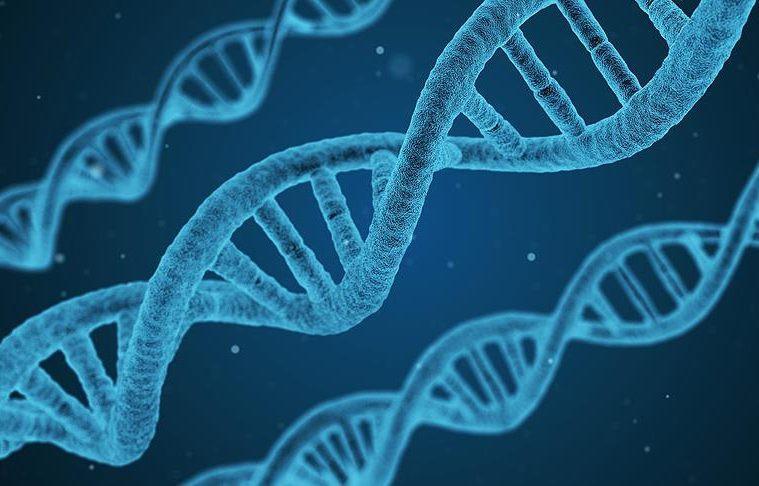
The European Research Council (ERC) has awarded Turkish scientists a €2.5 million ($2.9 million) grant to analyze the DNA of 1,500 people who used to live in the Anatolian region – the Asian part of present-day Turkey – during the Neolithic period.
Mehmet Somel, a professor of biological sciences at the Ankara-based Middle East Technical University (ODTÜ), told Anadolu Agency on Jan. 8 that archaeologists, biologists and anthropologists would participate in the project, which is named “Neogene.”
The study will cover the period from 10,000-7,000 BC.
He said DNA analysis and archaeological data pertaining to the Neolithic period – a term scientists use to refer to the final stage of the Stone Age – would be evaluated together.
“Our goal is to tell the true story of one of the most important milestones of human history,” Somel said.
It was during this period that humans transitioned from hunter-gatherer societies to societies where animals were domesticated and crops cultivated. The transition process took 3,000 to 4,000 years, according to Somel.
“During the study, genetic samples, which belong to almost 1,500 people from 20 Neolithic Anatolian settlements, are set to be scanned using a DNA sequencing method.”
The study will then narrow down its research to focus on 350 people, whose samples will be subject to deeper analysis.
The second stage of the study will devote itself to bioinformatics analysis to determine genetic proximity and gene flow among communities.
Somel said this stage would entail obtaining bio-archaeological data and gathering objective cultural data.
The last part of the research will consist of a joint analysis of genetic, bio-archaeological and archaeological data.
The ERC grant will last for five years, Somel added.